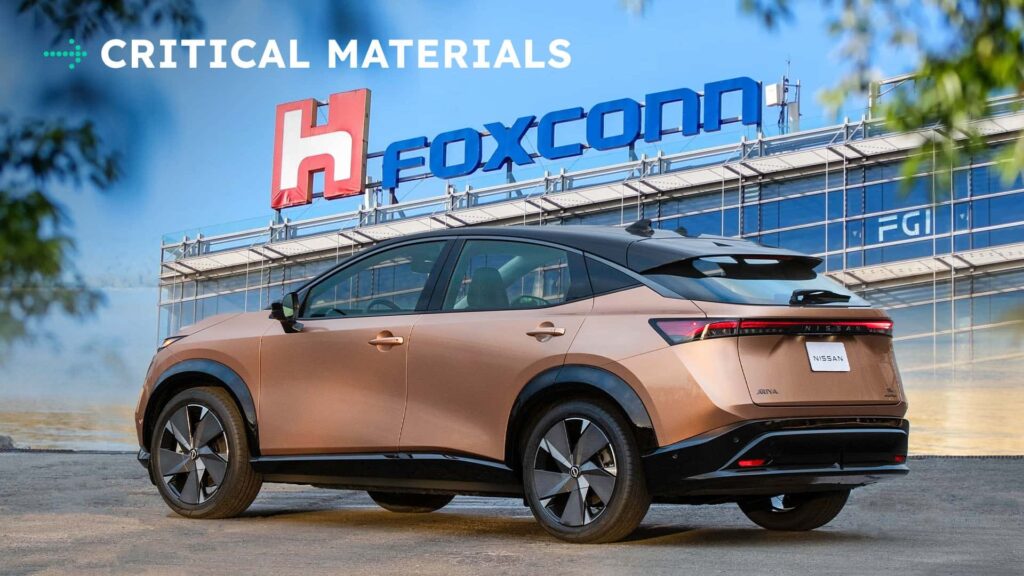Nissan’s recent fallout with Honda has caught many by surprise, especially considering the talks of a potential merger between the two automotive giants. However, the relationship between Nissan and Honda had been strained, with neither party showing a strong interest in a true 50/50 partnership. Speculations emerged that the merger discussions were an attempt to avoid a hostile takeover from Taiwanese electronics giant Foxconn. Ironically, there are now rumors circulating that Nissan may appoint a Foxconn executive to replace its CEO.
In the world of electric vehicles and automotive technology, the Volkswagen ID. Every1 is set to make history as the first VW model to utilize Rivian’s software. This partnership marks a significant step forward for Volkswagen, as it aims to enhance its software capabilities and deliver a more advanced driving experience to its customers. The decision to incorporate Rivian’s software into the ID. Every1 demonstrates Volkswagen’s commitment to innovation and improving the overall performance of its electric vehicles.
On the legal front, General Motors finds itself embroiled in yet another lawsuit related to the sale of driver data to insurance companies. The lawsuit, filed by the Attorney General of Arkansas, alleges that GM collected driver data from OnStar-equipped vehicles without proper consent and sold it to insurance providers. This controversial practice has sparked outrage among consumers and raised concerns about privacy and data security in connected cars.
As the automotive industry continues to evolve, there is a growing demand for electric vehicles that offer both performance and practicality. Enthusiasts are eagerly anticipating the release of compact, high-performance electric vehicles, akin to the classic hot hatch models. While the market is seeing an influx of SUV-sized EVs, there is a clear desire for smaller, agile electric vehicles with extended range capabilities. The discussion around the need for an American hot hatch in the EV segment reflects the evolving preferences of consumers and the shifting landscape of the automotive industry.
In conclusion, the automotive industry is undergoing a period of significant transformation, with electric vehicles, advanced software integration, and data privacy issues taking center stage. As automakers navigate these challenges and opportunities, the future of mobility looks increasingly electrified, connected, and innovative. The developments in electric vehicle technology, software partnerships, and legal battles over data privacy underscore the dynamic nature of the automotive landscape and the importance of adapting to meet the changing needs of consumers.

